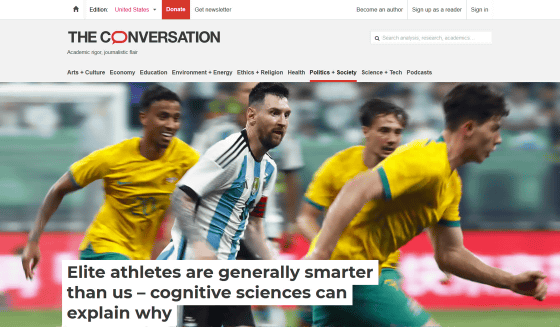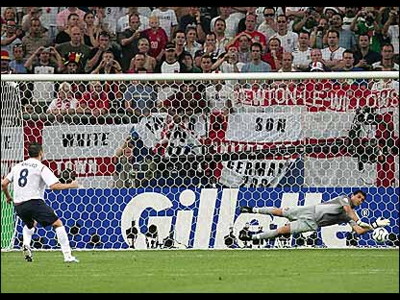Elite athletes are smarter than the average person

Many people may think that top athletes are successful because they have excellent physical abilities. However,
Elite athletes are generally smarter than us – cognitive sciences can explain why
https://theconversation.com/elite-athletes-are-generally-smarter-than-us-cognitive-sciences-can-explain-why-234665

Babe Ruth , one of the greatest players in MLB history, had outstanding records as a batter, including 714 home runs, 2213 RBIs, and an OPS of 1.164, and was the home run king 12 times. However, Ruth never liked practicing, was rather chubby, and was often seen drinking alcohol and gambling at parties.
In 1902, when Ruth, who played for the Yankees, hit 54 home runs and became the home run king, Hugh Fullerton, a sports writer for the New York Times, visited the psychology lab at Columbia University and asked, 'Why is Ruth able to achieve such excellent results even though he does not seem to have the average physical ability?'
To answer Fullerton's question, graduate students in the psychology lab tested Ruth's cognitive functioning, and he scored above average on every test, including attention, memory, and cognitive tasks. Fullerton wrote an article titled ' Why Babe Ruth is greatest home-run hitter .'

It took sports scientists nearly another century to figure out whether these high levels of cognitive functioning were common traits among elite athletes or unique to Ruth.
Furthermore, a 2022 meta-analysis analyzed data from 5,339 people, including athletes and the general public, and found that professional athletes' attention and decision-making scores were significantly higher than those of the general public. In other words, it was confirmed that excellent athletes tend to have better cognitive functions than the general public.

Good decision-makers, such as elite athletes, rely on multiple cognitive skills to mentally simulate the potential outcomes of a given situation. For example, if you have the ball near the try line in a rugby match, you must decide whether to run or pass, taking into account the positions of your teammates and opponents on the field, and then make split-second decisions about which route to take if you run, and who to pass to and how.
This requires attention to visually scan the field and not be distracted by extraneous thoughts, memory to retain information while processing all options, and creativity to consider the same play from different angles. The three skills of attention, memory, and creativity are named 'inhibitory control,' 'working memory,' and 'cognitive flexibility,' respectively.
These are the three main executive functions the brain uses to perform complex tasks, and a 2012

'Elite athletes have better cognitive flexibility and inhibition than the general population, which may lead them to make smarter decisions on and off the court,' Filgueiras said. 'Practice combined with a little bit of biology makes most elite athletes smarter than the rest of us.'
Related Posts:
in Science, Posted by log1h_ik







